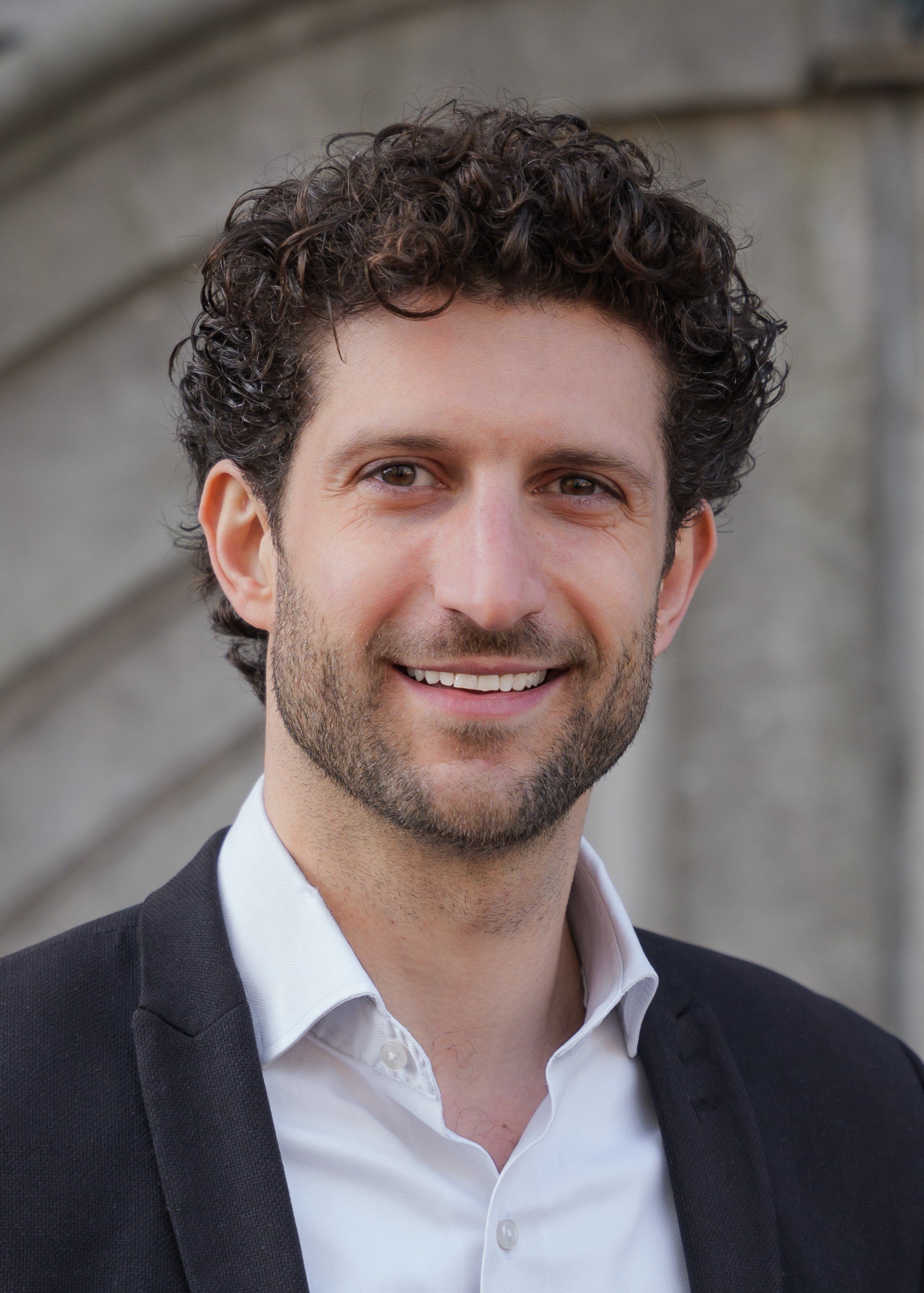Lawyer unlawful euthanasia / assisted suicide
Caregiving is not just about making patients better. In some cases, nothing remains but counseling in the final stage of life. In some cases, this leads to a death wish. As a physician, you may be faced with the question: When and under what circumstances is euthanasia or assisted suicide permitted?
Are you looking for a lawyer who can help you with this? At Van Meekren Advocatuur your case is in good hands.
I seek advice on unlawful euthanasia or assisted suicide
Van Meekren Advocatuur regularly advises in cases involving euthanasia or assisted suicide. May a doctor comply with a request for euthanasia if there is psychological suffering? When is assisted suicide punishable? And what if doubts about the patient's willfulness arise afterwards?
The answer to such questions requires careful legal consideration. The potential (criminal) consequences for doctors or health care providers are great. Contact a lawyer with specialist knowledge on unlawful euthanasia and assisted suicide. Van Meekren Advocatuur has the expertise to expertly assist you or your organization.
I have been contacted by the Regional Euthanasia Review Committee (RTE)
Are you a doctor and has the RTE asked you questions in writing or invited you to an interview about an end-of-life procedure in which you participated? Even at that stage it may be important to engage a specialized lawyer . The desire of (many) doctors to be verifiable can be at odds with the importance of not fabricating (unnecessarily) incriminating evidence. A specialized lawyer can help you find the right tone. When in doubt, contact a lawyer with specialist knowledge about unlawful euthanasia and assisted suicide.
I am a suspect in a criminal investigation
Are police and/or prosecutors now involved, and are you suspected of performing an unlawful euthanasia or are you suspected of providing criminal assisted suicide? If so, contact a lawyer with specialist knowledge on these subjects. At Van Meekren Advocatuur, you have come to the right place.
Van Meekren Advocatuur is a specialized criminal law firm. We can advise and assist you in the proceedings that follow.
Learn more about unlawful euthanasia or assisted suicide
-
Under Article 293 Sr, it is punishable to deprive another of his life at his request, unless:
(i) a physician does so and he acts in accordance with the standard of care described in the Act on the Assessment of Termination of Life at Request and Assisted Suicide (WTL); and
(ii) the physician notifies the municipal coroner.
Article 293 Sr thus criminalizes doing an unlawful euthanasia . This carries a maximum prison sentence of 12 years.
When in doubt about the patient's wishes, performing euthanasia may even be considered murder. The maximum sentence for murder is life imprisonment.
As a physician, it is therefore crucial that you follow the rules surrounding euthanasia.
-
For assisted suicide, something similar to euthanasia applies: Under article 294 Sr, assisted suicide is punishable unless:
(i) a physician who provides assistance and he acts in accordance with the standard of care described in the Act on the Assessment of Termination of Life at Request and Assisted Suicide (WTL); and
(ii) the physician notifies the municipal coroner.
Unlawful assisted suicide carries a maximum prison sentence of three years.
As a physician, it is therefore crucial that you follow the rules surrounding assisted suicide.
-
In euthanasia, a doctor administers a lethal agent to the patient.
In assisted suicide, the doctor gives a lethal drug to the patient. But the patient takes that drug himself.
Sometimes "euthanasia" is used for both forms of end-of-life counseling, so that is not entirely pure.
-
Voluntary and deliberate request: The doctor performing the euthanasia must be satisfied that that was a voluntary and deliberate request by the patient.
Hopeless and unbearable suffering: The patient must be suffering from a medically hopeless situation accompanied by unbearable suffering.
Informing the patient: The physician must have fully informed the patient of his situation and outlook.
No reasonable other solution: There must be no reasonable other solution to the patient's situation.
Consultation: At least one other, independent physician (the SCEN physician) must have seen the patient (also) and must have assessed in writing whether the standards of care have been met.
Careful execution: Termination of life or assisted suicide must be performed with medical care.
-
After a euthanasia, the coroner will report it to the one of the five Regional Euthanasia Review Committees(RTE). The RTE then tests whether the euthanasia/assisted suicide took place in accordance with the applicable standards of care. If that is the case, the doctor is notified. The case is labeled "acted in accordance with the requirements of care" and can be filed.
If the RTE is of the opinion that the standard of care was not met, it will inform - in addition to the doctor - the Health Care and Youth Inspectorate (IGJ) and the Board of Procurators General. These then decide whether the doctor will also face disciplinary or criminal prosecution.
The RTE's reviews can be found on their website.
-
The prosecution policy for prosecution following negligent euthanasia is laid down in the Aanwijzing vervolingsbeslinding inzake actieve levensbeëindiging op verzoek (euthanasia and assisted suicide).. Not every negligent euthanasia will be criminally prosecuted. In principle, however, this is the case when a "substantial standard of care" is violated. Substantive standards of care include the requirement that the request be voluntary and deliberate and the requirement that the suffering be hopeless and unbearable.
What do our clients say?
"On a possible medical criminal case, Van Meekren Advocatuur was consulted. The primary question was that of feasibility. After an excellent consultation - the key questions were readily found on the practitioner's analysis - a comprehensive, clear and well-founded advice was received, including orientation beyond criminal law. It was exactly what was needed to arrive at a sound decision on what to do next. I highly recommend Van Meekren Advocatuur."
Client, May 2024
"Bram Horenblas is a top lawyer ! He listens incredibly well and explains everything well and clearly to you. Mr. Horenblas is very friendly and sensible/intelligent lawyer who prepares himself incredibly well. Mr. Horenblas really went through fire for me and wanted to win this case at any cost. He is very dedicated, knowledgeable and quick. He sorts everything out to perfection and is very precise when defending me as a client."
Client, May 2024
"Top lawyer! Mr. Horenblas truly goes through fire for his clients. Dedicated, knowledgeable and quick. He sorts everything out to perfection."
Client, April 2024
Direct contact
Looking for a lawyer wrongful euthanasia or assisted suicide lawyer ? Feel free to contact us via the contact form. We generally respond within one business day.


